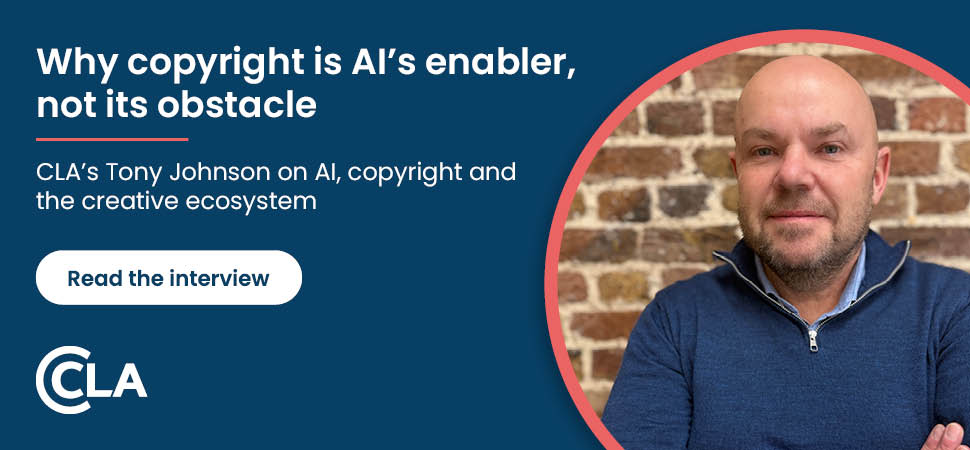Julia Pallé, the dynamic VP of Sustainability at Formula E, shares exclusive insights with The Executive Magazine, unveiling the groundbreaking strides made in Season 10. Under her leadership, Formula E has not only doubled young women’s participation in STEM through the FIA Girls on Track program but also launched the transformative Better Futures Fund to uplift local communities. In this in-depth interview, Pallé reveals how transparent sustainability reporting and race-to-road EV innovations are setting new benchmarks. Join us as Pallé takes us behind the scenes of Formula E’s electrifying journey towards a more sustainable future.

As we approach the end of Season 10, what would you say has Formula E’s biggest sustainability achievement of this year?
“This year we’ve more than doubled the number of young women who have participated in our grassroots gender diversity programme, FIA Girls on Track. The more than 100% increase year on year already builds on a 140% increase the year before, by taking the all-day educational workshops focused on STEM subjects and motorsport held at track to every race this year. It’s a way of giving confidence and grassroot skills to young women who want to gain more insights into the industry; one that for so long has been lacking in gender diversity and dominated by men at all levels.”
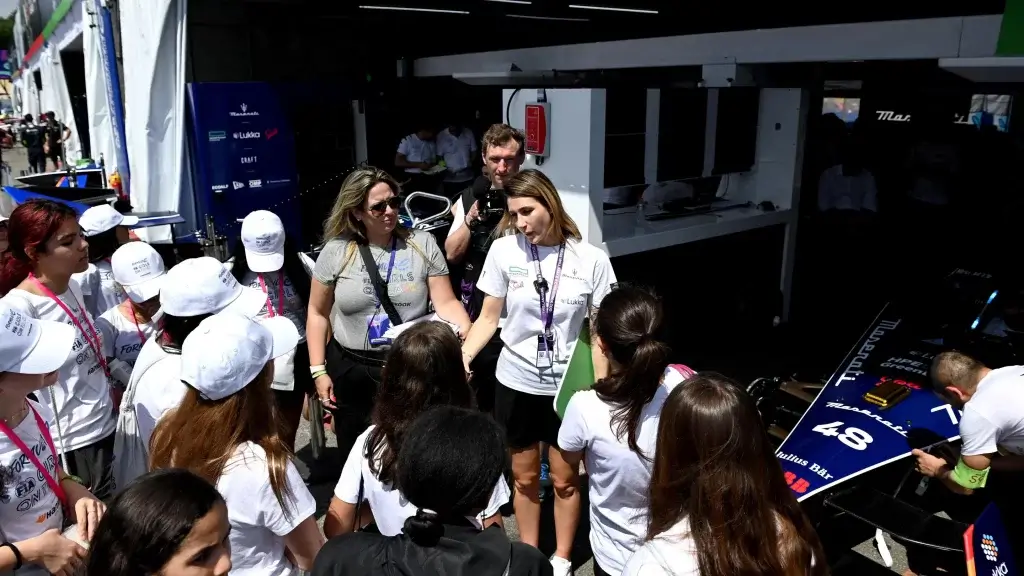
This year you announced the start of the Better Futures Fund, can you tell us more about how these charity partnerships will play out going forward? The level of involvement Formula E will have, and the level of impact you’ve seen for those charities that received the contribution this year?
“We are very excited to have added the Better Futures Fund to our portfolio of social initiatives. Working with local charities allows us to better support the communities we race in, as it provides funding to those with the greatest understanding of what each individual community needs.
“For instance, we’ve seen that in emerging markets, people are more inclined to hear and do things about environmental protection, whereas in developed markets, it’s more related to social protection, diversity, equity, and inclusion. This makes working with local charities all the more valuable because they are best placed to address the needs of their local community through the projects and initiatives that matter most to them.
“The level of impact achieved through the Better Futures Fund is still nascent, as the fund was only started this year in the second half of season 10, so we very much see this as a long-term investment into the charities and the communities they serve. It is our hope that in a few months time and in the years ahead, we can see how the funds have helped each charity in their own way.”
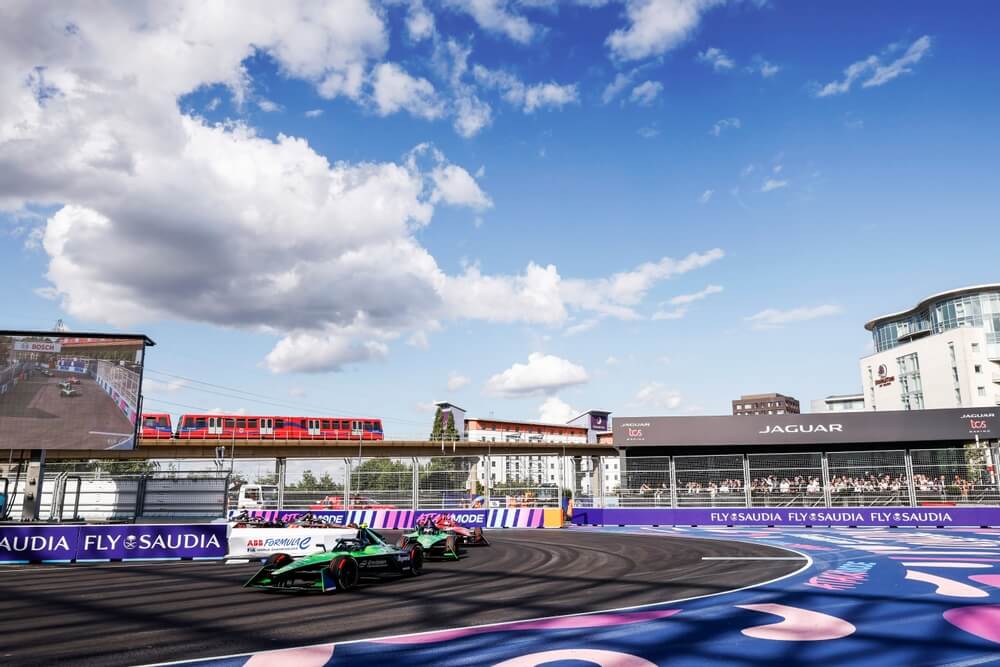
The FIA Girls on Track initiative has been a prominent initiative for the championship over the last few years – are there plans to grow this so that we see greater involvement from female drivers in the near future?
“FIA Girls on Track is one of our trademark programmes and we are passionate about continuing to grow it year on year. This season we have delivered 26 events in 11 race markets, supported by more than 70 women from across the paddock. From this, we have seen a 100% YoY growth for the programme, which continues to provide girls globally with the opportunity to learn about the numerous opportunities available to them in STEM and motorsport, and encourages them to feel supported in their pursuit of these pathways.
“Securing a female driver is about making the funnel at grassroots levels as wide as possible so you have more and more women going through all categories of motorsport. You can’t do this just by focusing on drivers though. They need to feel like the wider industry is diverse enough and supportive enough of them on their journey, so you also need to attract mechanics, engineers, team staff, presenters; that is how you will get young girls interested in the sport, wanting to take up driving and then ultimately pursuing their dreams.
“This is the sole purpose of FIA Girls on Track; to give as many girls as possible the opportunity to experience a day in the life of a team member and learn from inspirational women in the paddock. Each year when we go back to races the activations and programme grows year on year, so I know for certain it will keep expanding as time goes on.”
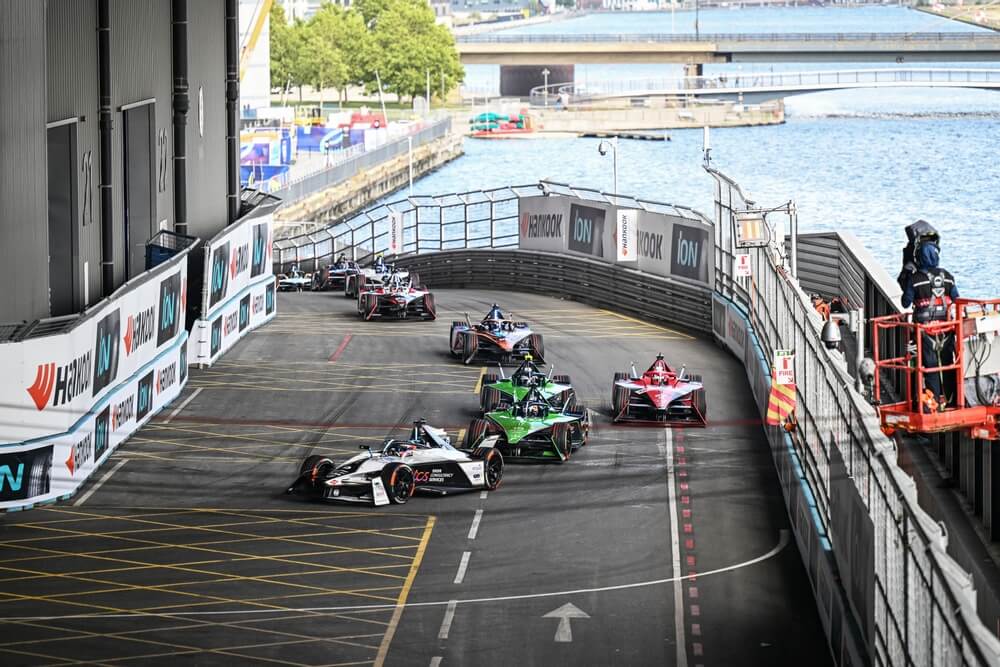
Formula E have been very diligent in their sustainability reporting, can you share more about why this is so important to you as a business? And what lessons other businesses can take from your efforts as we globally try to move towards more sustainable business practices?
“Sustainability reporting is very important to us and is a foundational element to our sustainable operations. If you don’t have measurement and reporting in place, then you’re effectively at zero. You can only begin to reduce your emissions or improve your efforts when you know what the current state of play is, good or bad, and that ultimately starts with assessing (measuring), reducing or improving, and then taking further steps like offsetting to mitigate any unavoidable emissions.
“Reporting is a crucial tool — not only for compliance purposes, but as strategic assets to measure social impact, drive operational excellence, and create longevity. It collates environmental performance metrics and acts as a comprehensive narrative to communicate a company’s journey towards more sustainable operations, which serves as a cornerstone for building trust with all stakeholders.
“By openly sharing both successes and challenges a company not only demonstrates a genuine commitment to sustainable practices but also takes full accountability for its environmental and social impact.
“We hope that by remaining transparent in our operations, not only with our successes but with the struggles that we and all businesses face in association with ESG guidelines, we can encourage others to embody the same level of transparency.”
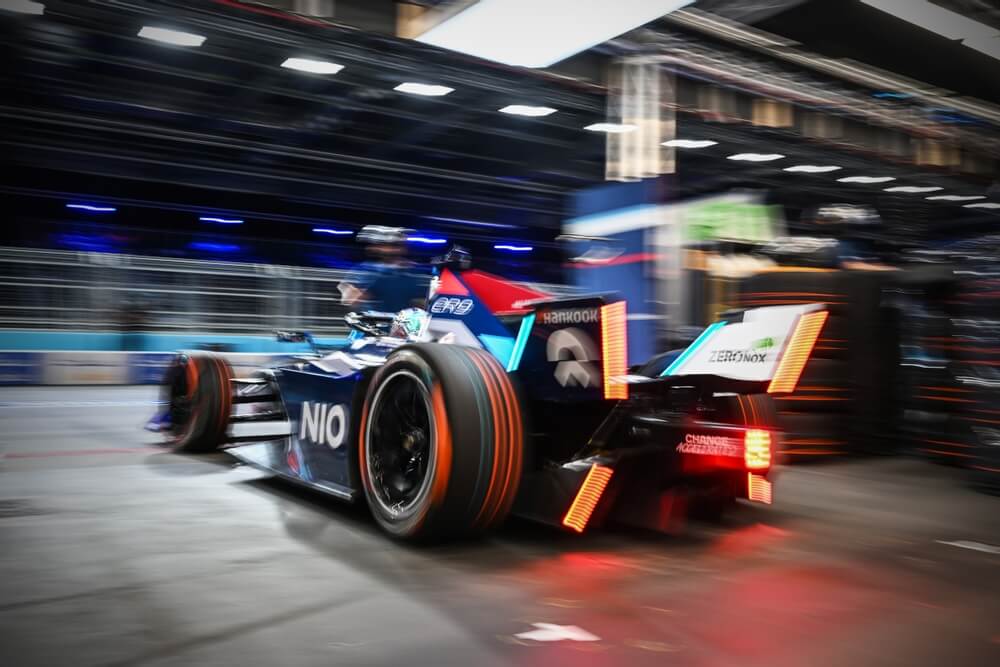
EV innovation is a big part of Formula E’s mission, can you share some examples of how innovations made on the racetrack are changing our road cars?
“Over the years there have been numerous race-to-road tech innovations that have been tried and tested on track at Formula E and then applied to roadcars.
“Some of the most recent examples of this have been with Porsche, who have used their involvement in Formula E as a high-performance testing ground to directly influence the production of its electric sports cars.
“For instance, they recently unveiled the Taycan Turbo GT, a new electric sports car featuring “The Attack Mode,” a spec that delivers temporary power boosts of up to 120 kW. This technology was first developed for when drivers take the ‘Attack Mode’ feature in Formula E where they are given an extra 50kW of energy for up to eight minutes during a race.
“Other examples of race to road technology include how the Nissan Leaf’s battery efficiency has improved 181% during the time Nissan has been in the championship due to on track learnings, as well as the JaguarTCS Racing developing efficiencies with their battery management system on track, that enabled a 10% increase in range for all its i-Pace cars, that was set to them an updated wirelessly, again, all thanks to on track learnings in making the cars as efficient as possible.”
What is the biggest challenge sustainability-focused businesses face when trying to reach consumers? How do you overcome this challenge?
“Sustainability can still often be confusing or daunting for consumers. It’s not typically presented as synonymous with fun, enjoyable, or comparable to non-sustainable counterparts.
“But the reality is that this is not the case. We try to show our consumers that entertainment and sustainability can coexist without compromise. A fan can come to a race and enjoy a sustainable day out, without having to give up virtually anything from their day-to-day life. At the races and in the fan village, we offer visitors numerous sustainability touch points throughout the day to emphasise this very point.
“Breaking down barriers to entry and making sustainability easy and accessible is key to reaching consumers.”
Where can sports be making the biggest impact when it comes to improving their sustainability efforts?
“The sport industry is massive and there is a lot of power and influence there. So a lot of impact can be made through how they manage their operations – be it with travel, management of events, etc. As well as how they use their influence to connect with fans.
“The majority of our emissions comes from the transport of freight, so anything that can minimise that by way of taking more efficient routes, utilising bio-fuels or sustainable aviation fuel or even taking less or lighter freight can make a big difference. Another is the fan travel to events. Formula E has always incorporated that within our emissions to have some ownership of trying to reduce that too, as well as offsetting all of it as well. We encourage fans to take public transport or more sustainable modes of transport, as well as not offering any fan car parking spaces when coming to our events.”
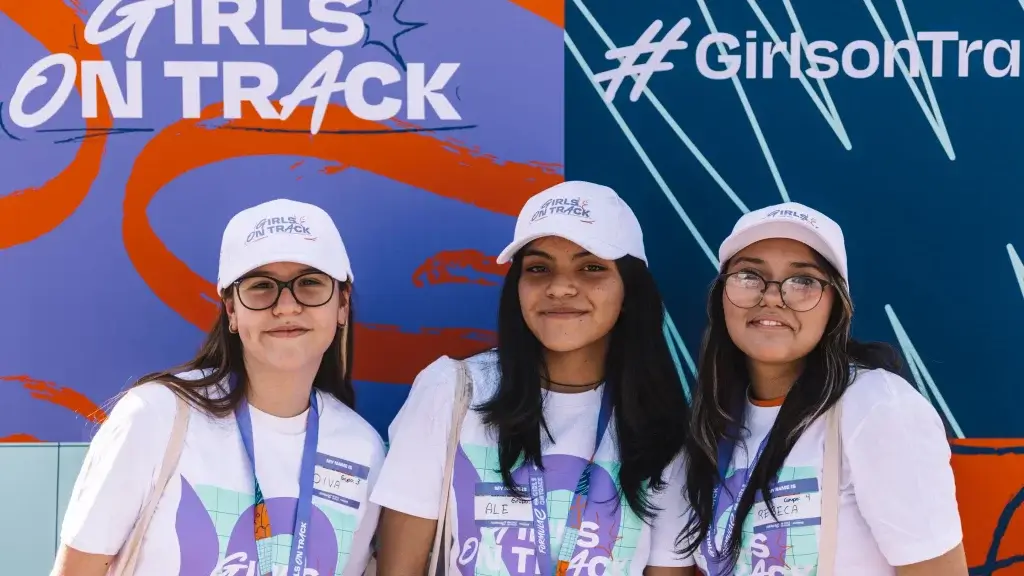
What makes sport such a powerful driver for change?
“Sports are, and always have been, a very powerful mobilising force. This makes them such a valuable tool for driving positive social and environmental change.
“Cities, communities, and even entire countries rally behind a team or an athlete, which shows the influence and following that sports generate. Therefore, it’s our responsibility as representatives of sports to use this influence for good. By using our platform to educate and empower, we can encourage fans to take meaningful action towards a more sustainable lifestyle. Just as sports has and continues to do with social issues.”
What message would you give to young people that are passionate about driving forward environmental change but feel discouraged by our prospects and the lack of action?
“Young people are the future and if they continue driving forward change and standing their ground in time the rest of the global community will have no choice but to respond. Many see our global progress as being behind the curve, but with the speed of investment and rate of technological advancements, there are more opportunities than ever before to reduce our impact on the world and make positive progress forwards.
“We often measure impact and progress by the large-scale shift we see, but so much change happens in the small, consistent actions taken by everyday people – in small victories that eventually add up. So, what I’d say to them is keep going, fight for a more equal and environmentally friendly future, even when it feels like progress has stalled, and know that you’re not alone, others are there with you.”


